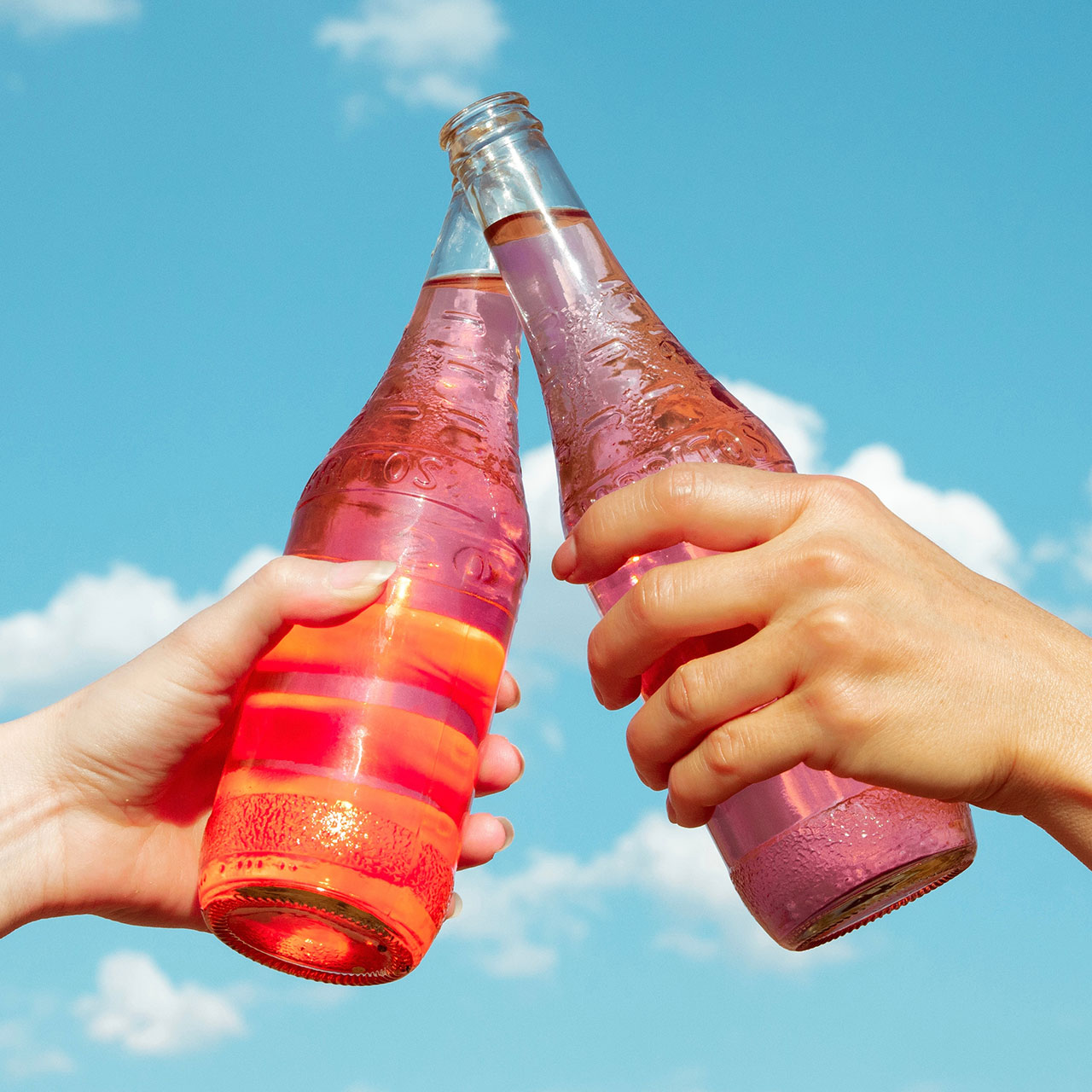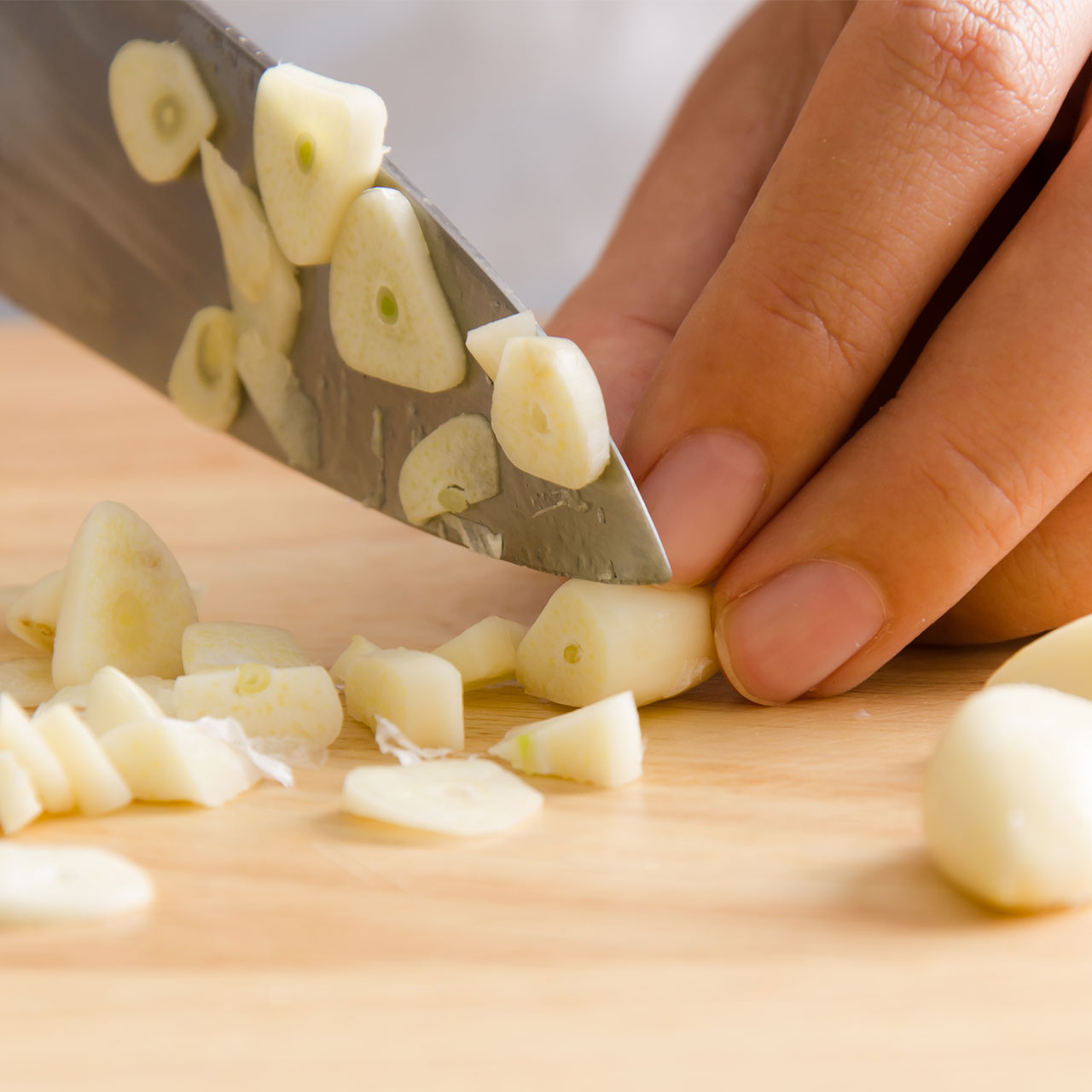In the pursuit of achieving and maintaining a healthy weight, the impact of dietary choices, including beverage consumption, cannot be overstated. While the significance of a balanced diet and regular exercise is well-known in the realm of weight management, the role of beverages, particularly those high in calories, often goes underestimated. High-calorie beverages can be a major contributor to excess calorie intake, posing challenges for individuals striving to lose weight.
We spoke with Joanna Wen, certified health coach and founder of Spices & Greens; Lisa Andrews, registered dietitian nutritionist at Health Insiders; Jesse Feder, CPT, RD, and a contributor to My Crohn’s and Colitis Team; Barbara Kovalenko, a doctor and nutritional consultant at Lasta; Trist Best, RD for Balance One; and registered dietitian Scott Keatley; to learn about seven high-calorie drinks to minimize for weight loss. They revealed that fruit juices, smoothies, protein drinks, milkshakes, soda, energy drinks, and margaritas are the top culprits.

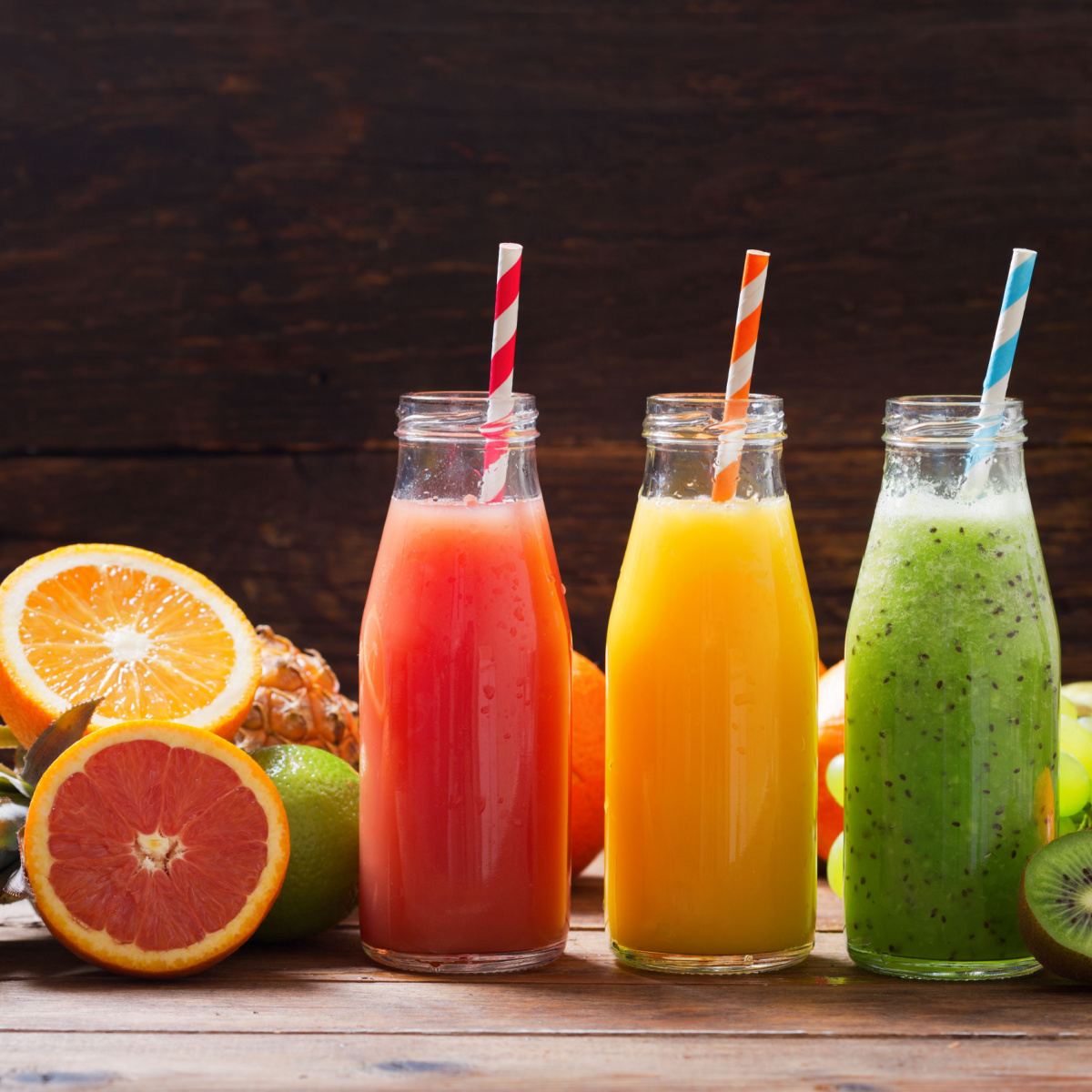
Fruit Juices
Fruit juices, often perceived as a healthful choice due to their association with natural ingredients, can be a hidden culprit in hindering weight loss efforts. While fruits themselves are rich in essential nutrients and fiber, the juicing process often concentrates sugars and removes fiber, turning a seemingly innocent beverage into a high-calorie drink.
Wen says, "One seemingly ‘healthy’ beverage that can actually make weight loss harder is fruit juice, which may seem like a nutritious choice but is often packed with added sugars and lacks the fiber of whole fruits. This can lead to a rapid spike in blood sugar levels, followed by a crash, leaving you feeling hungry and craving more food."
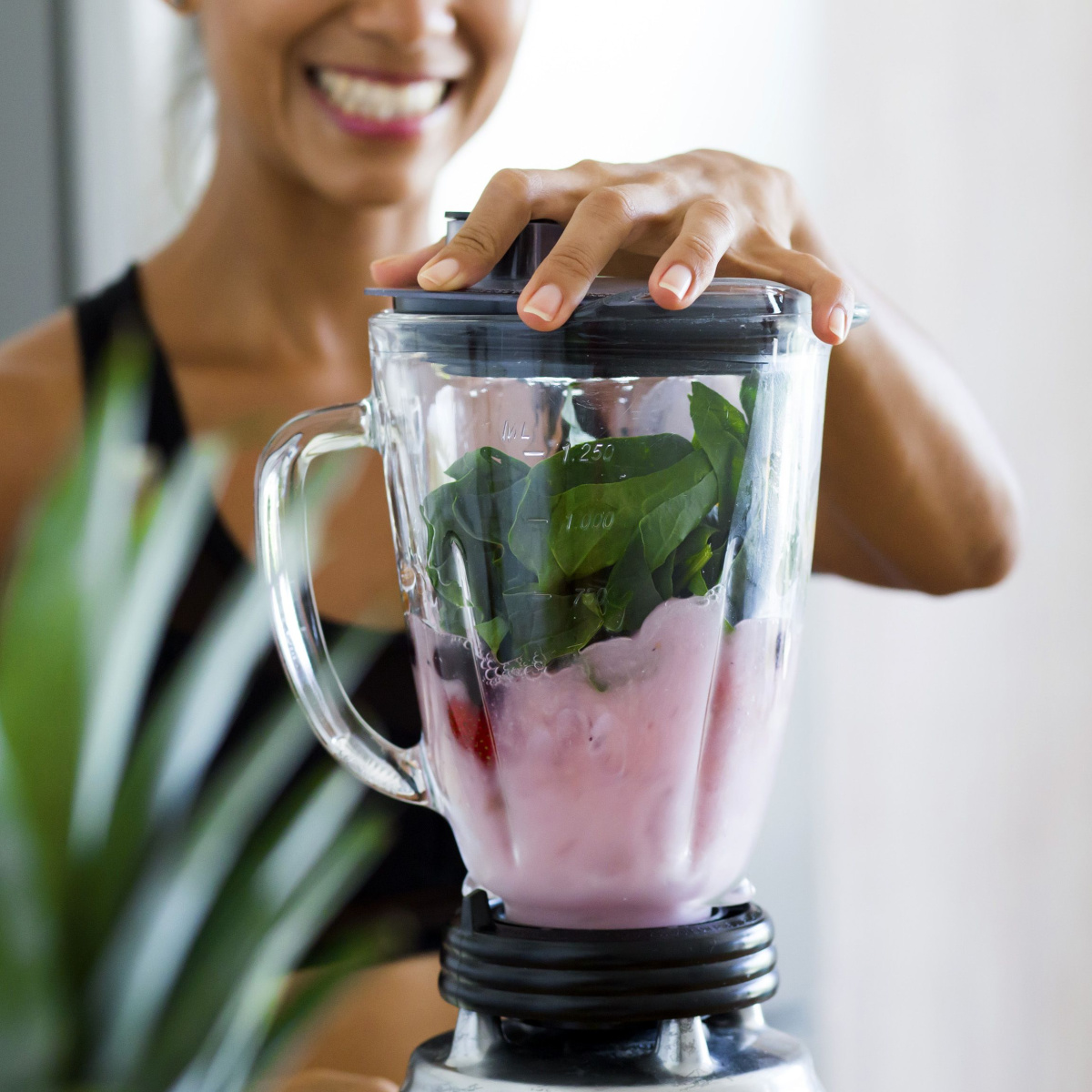
Smoothies
Smoothies, lauded for their nutrient-packed content, can inadvertently impact weight loss due to their caloric density and potential for excess sugar intake. While smoothies may include wholesome ingredients like fruits, vegetables, and dairy or plant-based milk, the blending process can break down fiber, making it easier to consume larger quantities without the natural satiety that comes from chewing whole foods.
"Another unexpected ‘healthy’ offender is smoothies, especially those made with high-calorie ingredients like fruit juices, sweeteners, and excessive amounts of nut butter or yogurt. While they may seem like a good choice, these calorie-dense drinks can easily contribute to weight gain if not consumed mindfully," Wen notes.
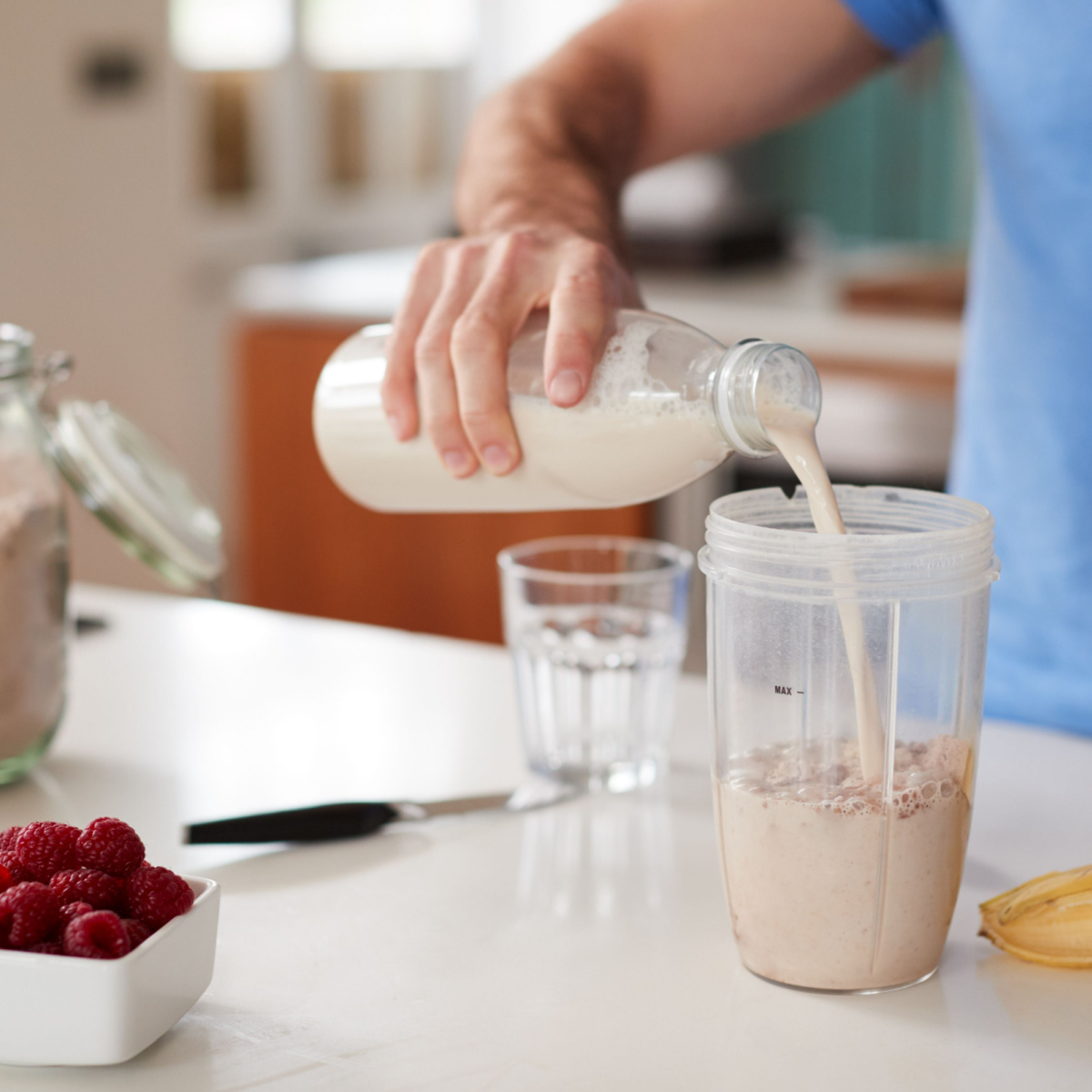
Protein Drinks
Protein drinks, usually marketed as a convenient and efficient way to boost protein intake, can pose challenges for weight loss when consumed without careful consideration of overall caloric intake. While protein is essential for muscle repair and satiety, many commercial protein drinks on the market contain added sugars, fats, and flavorings that contribute to their caloric load.
Andrews elaborates further and says, "Protein drinks can be high in calories or sugar depending on the brand, check the label," and consider other healthier alternatives made from whole foods that are protein-packed.
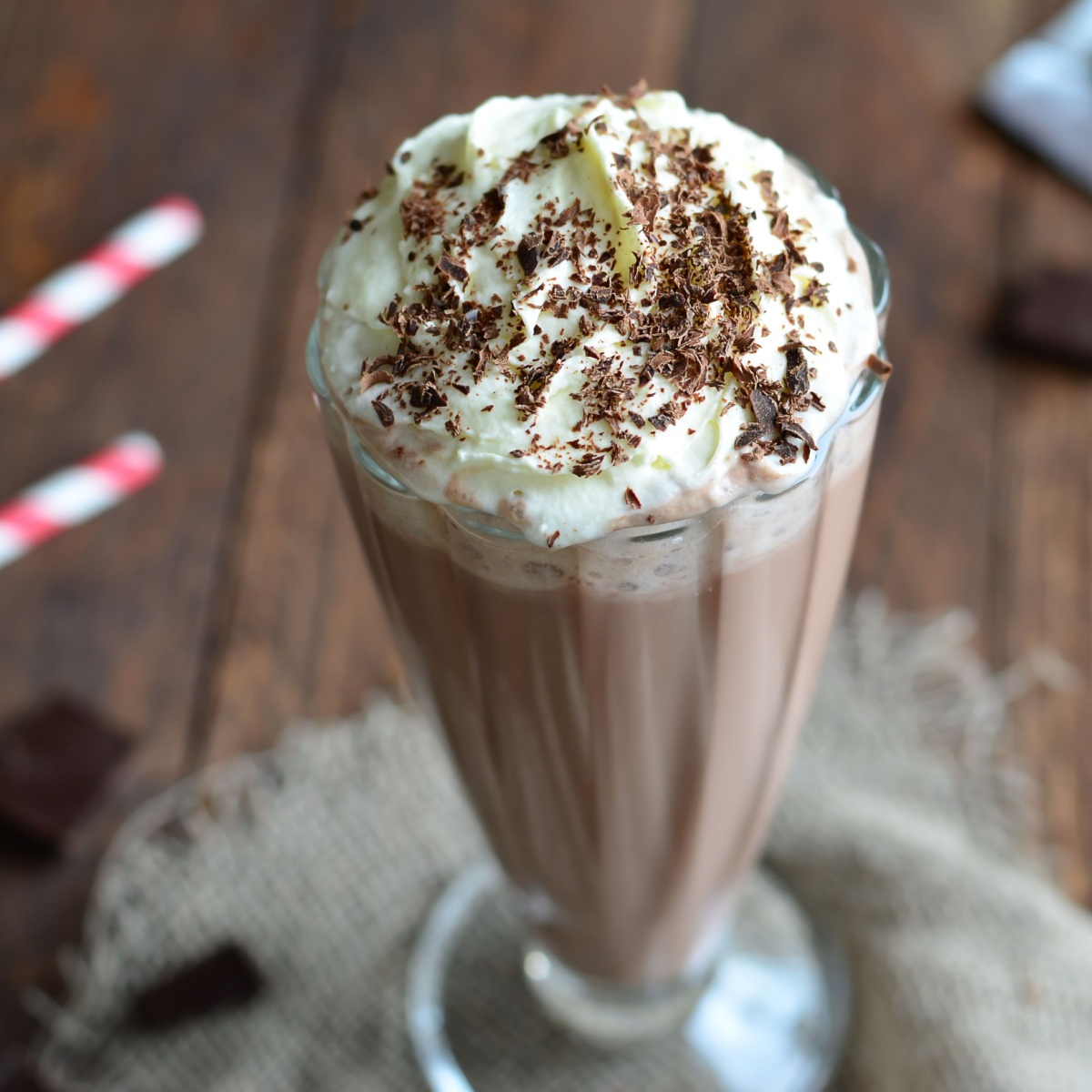
Milkshakes
Often loaded with high-calorie ingredients such as whole milk, ice cream, and syrups, milkshakes can contribute significantly to daily calorie intake without providing a substantial feeling of fullness. The combination of sugars and saturated fats in these beverages not only adds to the overall caloric load but also lacks the satiating effect of whole foods.
"Milkshakes contain a high amount of sugar, unhealthy fats, and very high amount of calories. They are typically made with whole milk, ice cream, and tons of other unhealthy additives," Feder says. "You can have close to half [day's] worth of calories in just one milkshake. They will more than likely lead to weight gain and other negative health conditions such as diabetes and heart disease if consumed regularly."
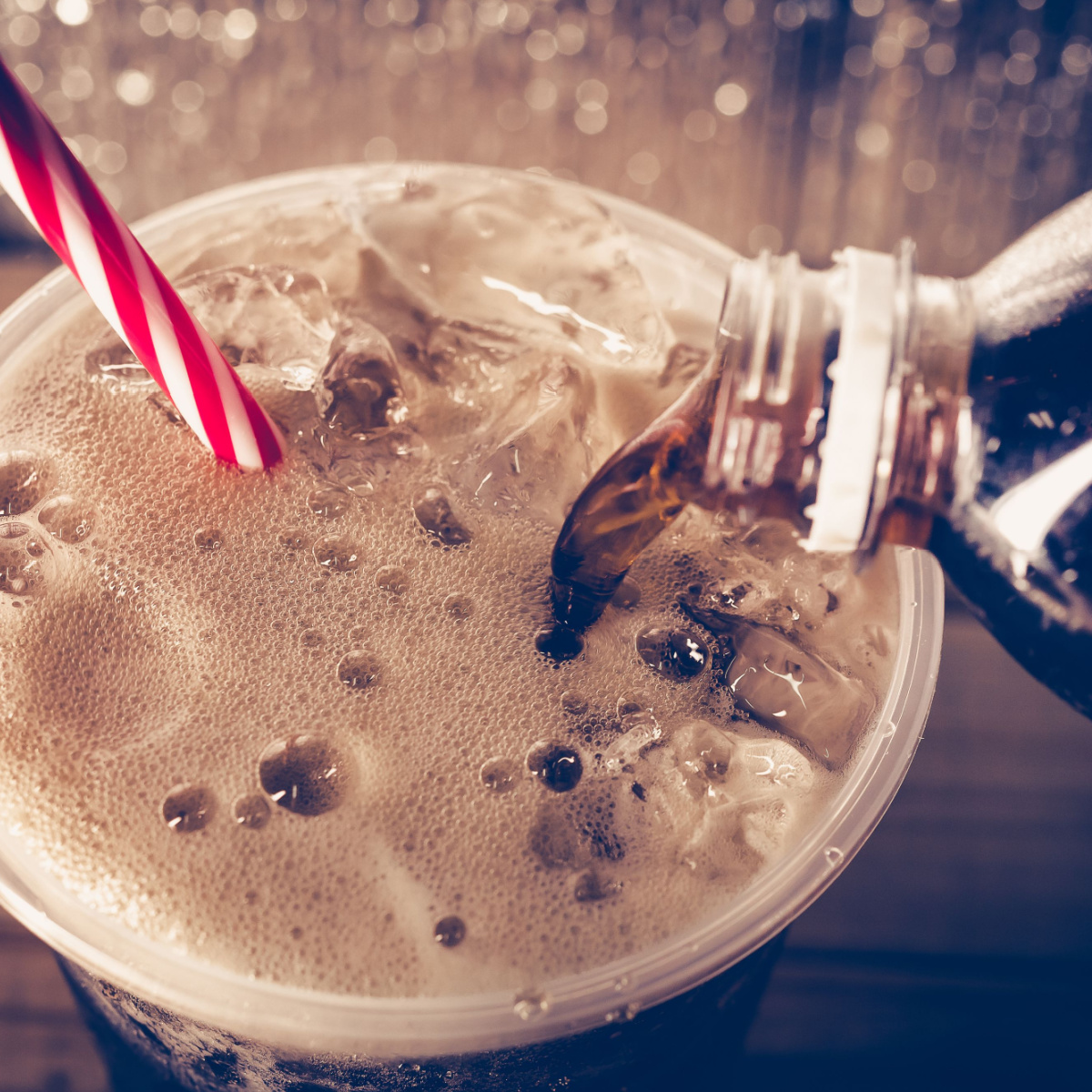
Soda
Soda, known for its high sugar content and lack of nutritional value, can significantly impede weight loss efforts. Regular consumption of sugary sodas contributes excessive calories to the diet while providing minimal satiety, making it easy to surpass daily caloric limits. The quick absorption of liquid sugars from sodas can lead to spikes in blood sugar levels, potentially promoting fat storage over time.
"Soda is high in added sugar, which can lead to weight gain and an increased risk of chronic diseases such as diabetes and heart disease," Kovalenko says. "Not only that but soda is also known to be a major contributor to the obesity epidemic and has been linked to an increased risk of developing certain types of cancer. To put it simply, soda is packed with empty calories and should be avoided as much as possible."

Energy Drinks
Energy drinks, popular for their caffeine and stimulant content, can present challenges for individuals pursuing weight loss. While these beverages are designed to provide a temporary energy boost, they often come loaded with added sugars and calories. The caloric content, combined with the potential for overconsumption, may contribute to an excess of daily calorie intake.
“Energy drinks have added ingredients like alternative sweeteners and sugar,” explains Best. “The average sugar content of an energy drink is 54 grams, an alarming rate that can cause weight gain and poor digestive health.”
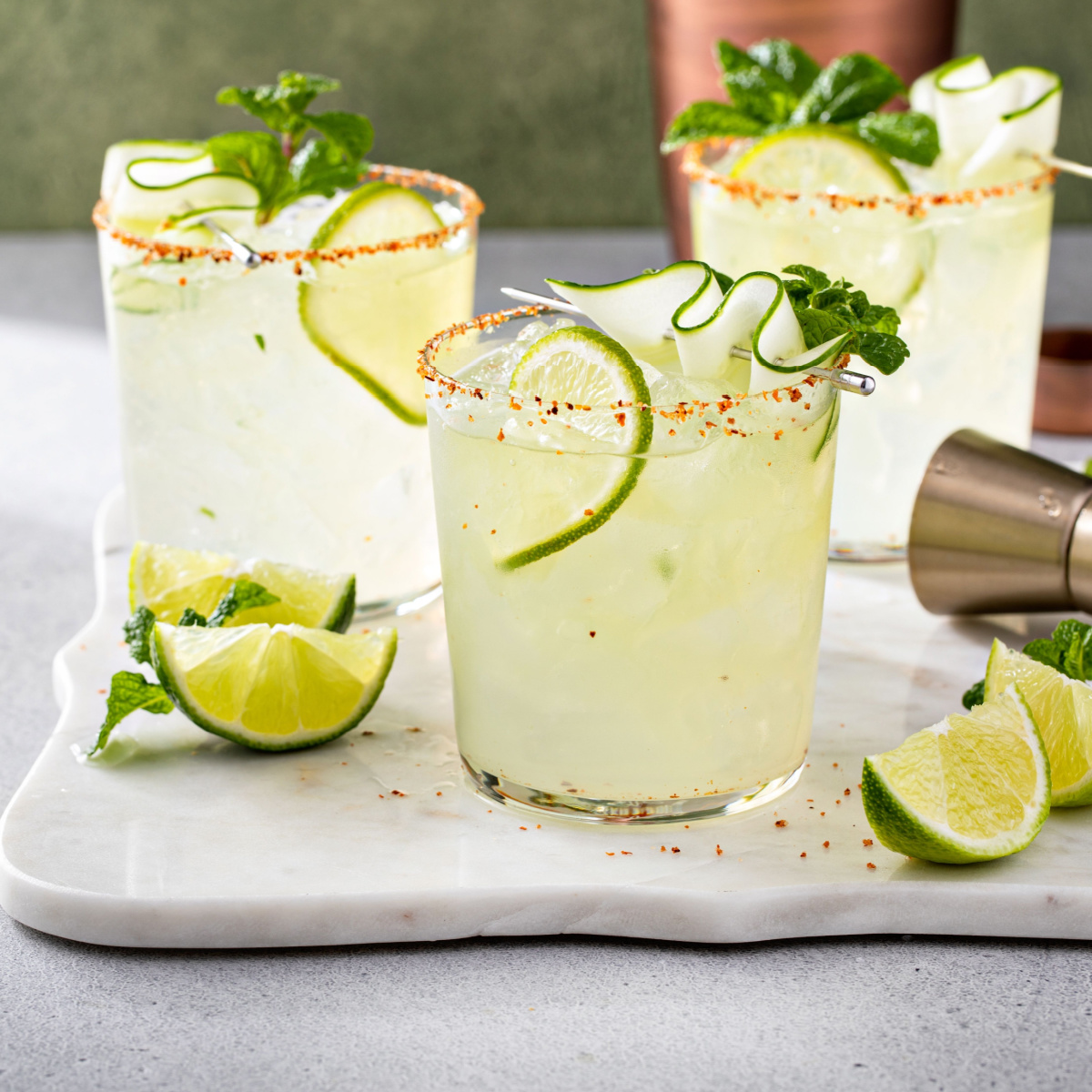
Margaritas
This popular cocktail typically contains a mix of tequila, triple sec, and lime juice, but its caloric impact can be significant due to the addition of sugary syrups or mixers. The alcohol content in margaritas adds extra calories without providing nutritional value, and the sweetened mixers can contribute to an elevated sugar intake.
"Margaritas can be particularly detrimental to weight loss efforts for several reasons. They are typically made with tequila, triple sec, lime juice, and sometimes sugar or simple syrup. The combination of these ingredients can result in a high-calorie cocktail. The addition of sweeteners and mixers further increases the calorie count (300+)," Keatley states. "The sugar content in margaritas is quite high, especially when pre-made mixes are used (35-50g of sugar per 4oz serving)."
"Alcohol consumption slows down the body's ability to burn fat. When you consume alcohol, your liver prioritizes processing it over metabolizing other nutrients, including fat. Margaritas are often served in oversized glasses, which means you might be consuming more calories than you realize," Keatley notes. "A single large margarita can contain as many calories as an entire meal."





